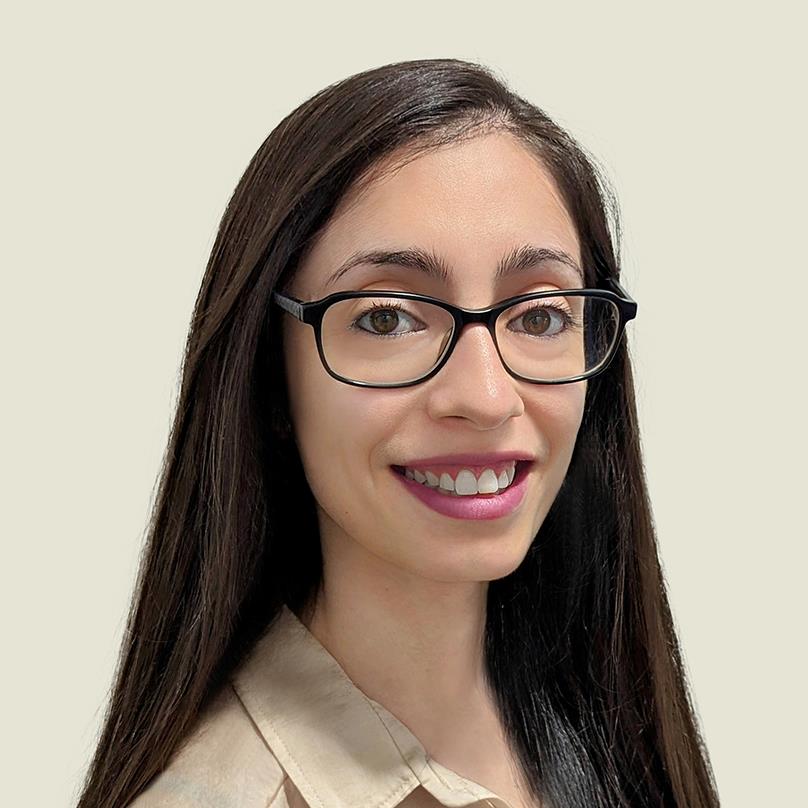JTC A level Chemistry Tutors

Waleed
MSc. Sustainable Energy Futures, Imperial College
Waleed was ranked no.1 at GIKI (Pakistan's no.1 tech institute) across all engineering departments before earning a scholarship for a Master's at Imperial College London. He joined the team at JTC Education, post-graduation, as a full-time professional tutor to help science and maths from secondary school up to first-year undergraduate level. Waleed believes in helping students understand a subject more deeply so that they can apply that knowledge more confidently.

Elena
MBiochem University of Oxford (First), PGCE
Elena is a graduate of the University of Oxford turned qualified teacher of Chemistry and Biology. She obtained a first-class final award in Molecular and Cellular Biochemistry at Oxford in 2020, while tutoring throughout her entire four-year tenure. She has a profound love for teaching the sciences and fervently believes that with the right guidance, these so-called "hard subjects" can be both exciting and easy to understand.

Josh
BSc Endocrinology, Imperial College London (First Class Honours)
With a first-class honours degree in Endocrinology from Imperial College London, Josh has dedicated over 800 hours to tutoring, helping numerous students gain admission to their first-choice universities. Sharing his tutoring time with a degree in medicine, he is now an ambassador for Quizlet, AMBOSS, and Make A Medic. His contributions to medical education and research are ample, with over 150 sets of published flashcards benefiting students in medical schools across the UK.

Dr Chantelle
MRes in Drug Discovery and Development, Imperial College London (Distinction)
Having graduated from Imperial College and King’s College London, Chantelle is a professional tutor and PhD researcher with a long track record of outstanding tutoring results to her name. Her in-depth knowledge of the sciences allows her to seamlessly integrate real-world applications into her lessons, transforming dense topics into dynamic sessions.
How our A level Chemistry tutors can help you
Chemistry tutors at JTC Education will most often begin by developing a profound understanding of the periodic table - a keystone of the subject. They may use a range of methods including flowcharts and summary sheets, and careless error trackers to promote accuracy. Finally, by practising exam questions and creating related 'spin-off' questions, they are able to further link seemingly distinct chemistry concepts together.

 JTC Education
JTC Education